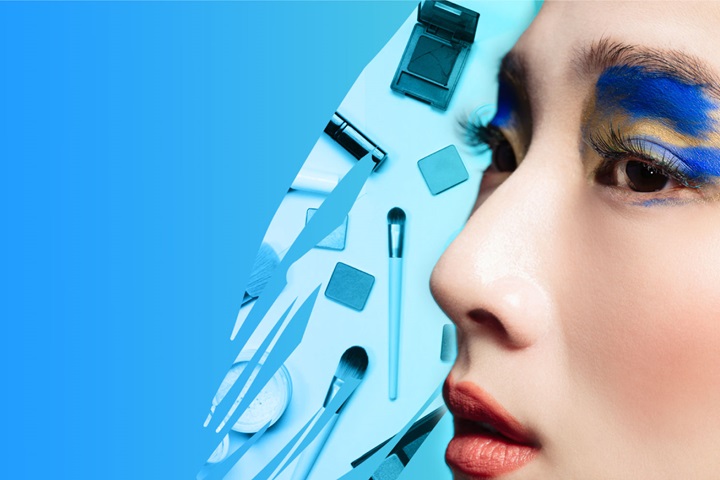Consumers in Generation Z (GenZ) – those aged from 13 to 24 – are transforming personal care with their unique attitudes and behaviours. Celebrated for challenging stereotypes and expressing individuality, they also present contradictions in their routines. Understanding these nuances is crucial for manufacturers.
While teens (aged 13-17) and younger adults (aged 18-24) share similar attitudes, their behaviours diverge significantly during these formative years. This is true for GenZ females in the US and Europe.
While they’re living at home, teens maintain a consistent and structured personal care routine with most occasions happening in the morning before school and the evening before bed.
This shifts dramatically as they turn 18, leave home, and start purchasing their own products: in the US, 72% of 18-24s’ personal care occasions feature items they have bought, compared to only 41% for teens, according to Kantar’s Worldpanel data. Their routines become more streamlined and less consistent, with occasions spread throughout the day.
Keeping up appearances
As young adults’ focus on overall personal care diminishes, an increased engagement in facial skincare highlights a growing awareness of and emphasis on appearance. On average, they drop eight occasions in the average week – a change driven by the need for convenience and cost-effectiveness. This prompts them to seek multifunctional products that can address multiple needs simultaneously.
Even within skincare, over 40% of 18–24 year old women use face wash products to remove their makeup rather than a specific makeup remover. They also demand more from each facial cleansing occasion, on average citing 3.5 benefits compared with 2.9 for teens.

A potential innovation gap
However, this simplification of routines raises an important question: will the reduced repertoire of products meet their personal care needs? Younger adults are most likely to report concerns about their hair, skin, and dental health – which suggests that dropping products and occasions may be leaving these concerns unaddressed.
This contradiction is particularly striking in the approach 18–24 year olds take to hair styling. 71% express significant worry about problems such as lack of volume, difficulty managing hair and proneness to frizz – yet they are the least likely to use hair styling products in the average week. This prompts further questions: why do they avoid hair styling products despite their concerns? Are brands failing to effectively communicate product effectiveness with this group? Are brands innovating in the right area and resonating with their targets’ needs?

While teenagers have traditionally reported hair and skin concerns at lower rates than adults, recent trends indicate a rise, likely fuelled by their engagement with social media. If this continues, teens’ concern levels could match those of adults by 2027. Teenagers reporting hair styling issues are 2.4 times more likely to engage with the hair styling category, while those reporting skincare concerns are 1.6 times more likely to use a skincare product in the average week, Kantar’s Worldpanel data reveals.

Education not exploitation
This presents an opportunity for manufacturers to establish and reinforce good routines during the teen years that can easily transition into early adulthood. Targeting younger consumers at this market entry point is crucial because it sets their product and brand use preferences for later life, leading to long-term brand loyalty. However, this needs to be done responsibly, by supporting and educating young individuals rather than exploiting their worries. Dove has championed this practice through its Real Beauty campaign – and Worldpanel’s data shows that GenZ females over-index with their usage of Dove across hair and skin care categories.
For manufacturers, knowing whether their category exhibits the cohort effect – with habits formed young carried through to adulthood – is critical to informing brand strategy. Understanding the right life moments to target in order to sway decisions is also key. Embracing multifunctional and cost-effective solutions while addressing key concerns around hair and skin health is crucial, while proactive engagement with social media trends and clear, effective messaging can help solidify routines.
The Worldpanel Usage panel provides essential insights into GenZ’s behaviours, preferences, and the disruptions they face transitioning from teenage years to young adulthood.
Contact our experts to learn how to leverage these insights to better position your brand in this influential market.


